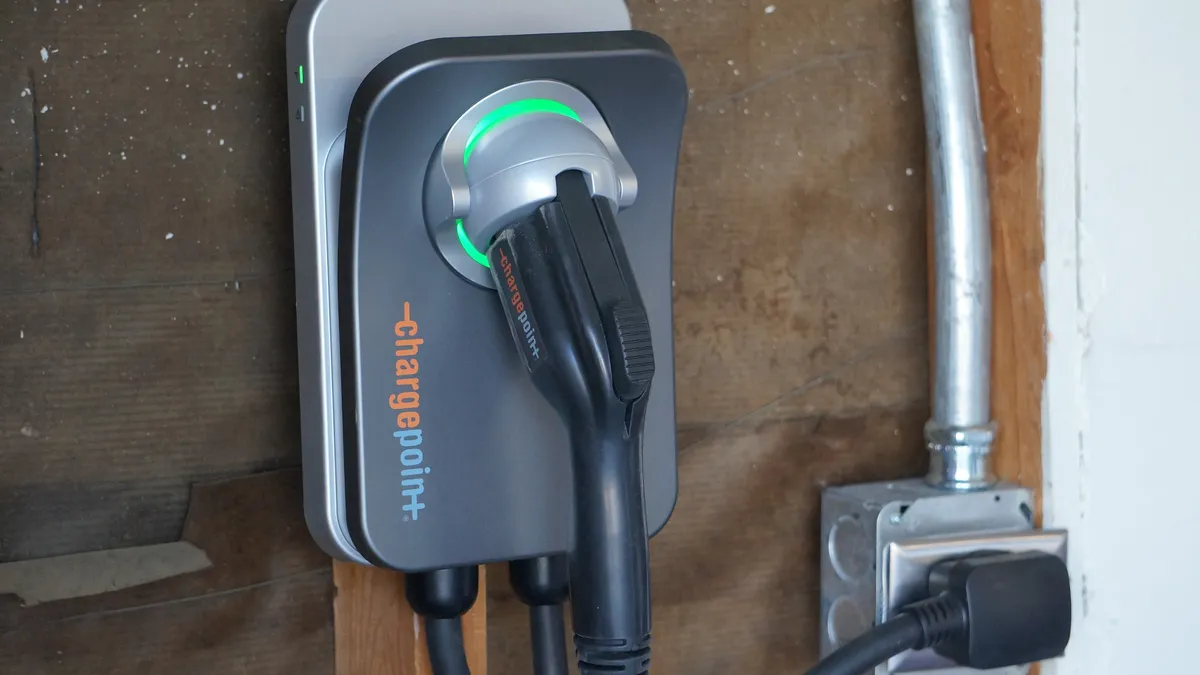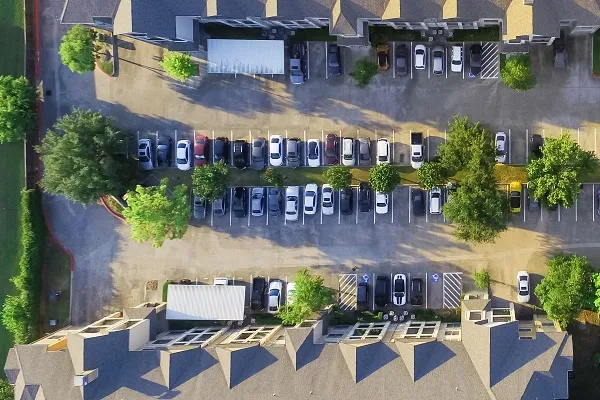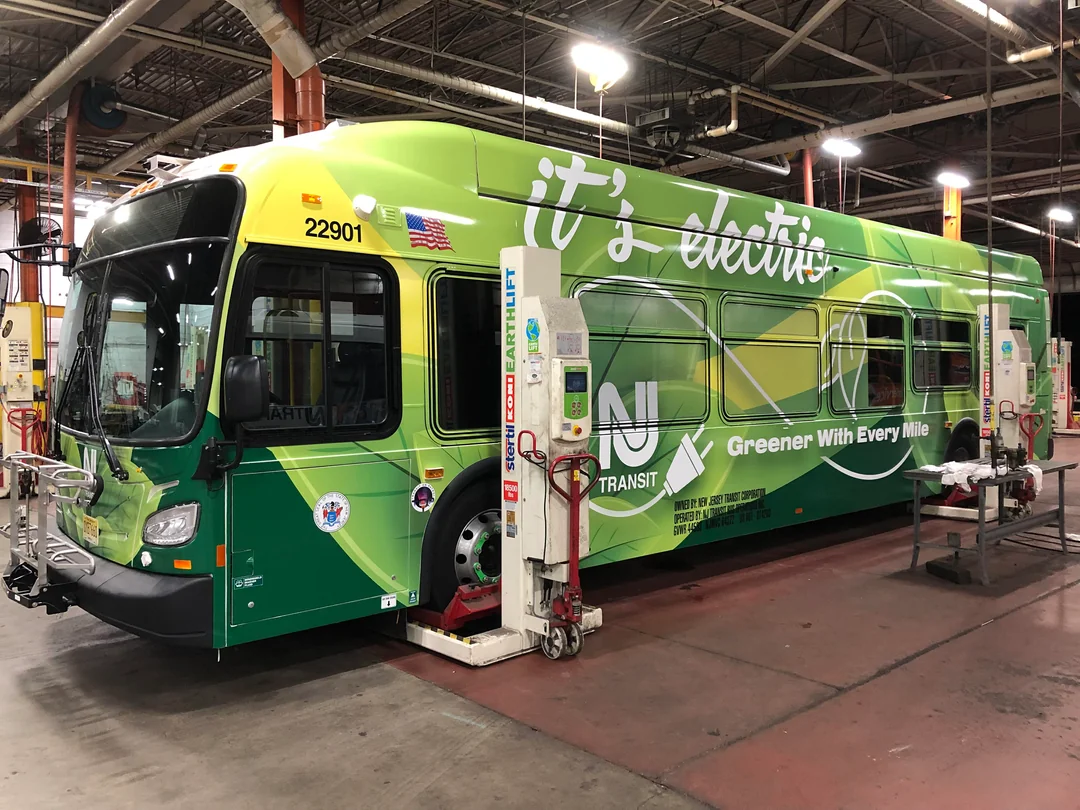Helpful EV Laws
These NJ laws help EV drivers install EV Charging Stations
Statewide Ordinance Allowing EV Charging Station Installations
P.L. 2021, c. 171 E
DCA Model Statewide Municipal EV Ordinance
The Statewide EV Ordinance was designed to ensure that municipalities are requiring installation of Charging Stations and Make-Ready parking spaces in a manner consistent with the law, and to provide an ordinance that can be easily used by every municipality with no or minimal amendments.
The ordinance is mandatory and addresses key land use, installation, and parking requirements for Charging Stations and Make-Ready parking spaces, including Accessory Uses in Zoning, Minimum Parking Mandates, and EV Parking Space Requirements for New Parking Areas.


Law Governing EV Charging Stations on HOA communities
Concerns the installation of Charging Stations in common interest communities. Specifically, the law: Prohibits common interest communities from adopting rules that prohibit or unreasonably restrict the installation or use of Charging Stations in the designated parking space of a unit owner.
Requirement of EV Charging Stations On New Homes
Requires a developer to offer to install, or to provide for the installation of, a Charging Station into a dwelling unit when a prospective owner enters negotiations with the developer to purchase a dwelling unit.


NJ EV Goals
The “EV Law” established these goals:
- At least 330,000 of the total number of registered light duty vehicles shall be plug-in electric vehicles by December 31, 2025 and at least 2 million by December 31, 2035.
- At least 85 percent of all new light duty vehicles sold or leased shall be plug-in electric vehicles by December 31, 2040
- At least 400 DC Fast Chargers shall be available for public use at no fewer than 200 charging locations by December 31, 2025.
- At least 1,000 Level Two chargers shall be available for public use by December 31, 2025.
- At least 15 percent of all multi-family residential properties in the State shall be equipped with EVSE for the routine charging of plug-in electric vehicles by residents through a combination of Level One EVSE, Level Two EVSE, or charger ready parking spaces by December 31, 2025.
- At least 20 percent of all franchised overnight lodging establishments shall be equipped with EVSE for routine electric vehicle charging by guests of the establishment by providing Level Two EVSE by December 31, 2025.
- At least 25 percent of State-owned non-emergency light duty vehicles shall be plug-in electric vehicles by December 31, 2025 and 100 percent by December 31, 2035.
- At least 10 percent of the new bus purchases made by the New Jersey Transit Corporation shall be zero emission buses by December 31, 2024.
